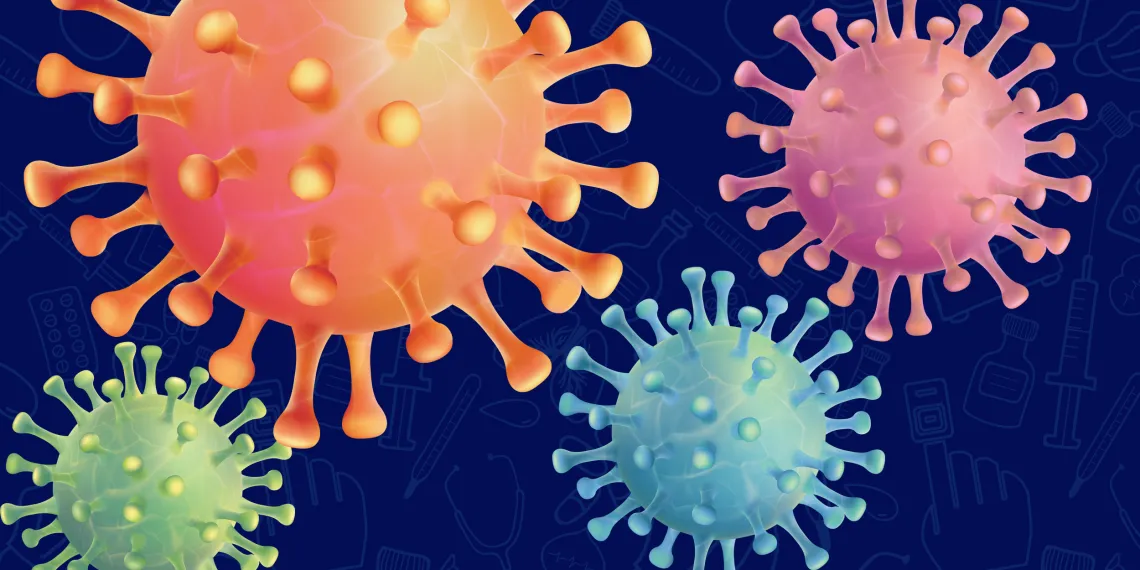Recovery Initiative
Researchers Study Long COVID-19

Just as the symptoms and severity of COVID-19 vary significantly from person to person, so too does recovery. Many people recover completely in a matter of weeks. Others experience symptoms that linger for months or return after improving — some even develop new symptoms.
Researchers at the University of Arizona Health Sciences are leading a statewide effort to study the long-term effects of COVID-19 with a projected $9.2 million in first-year funding from the National Institutes of Health. Additional funding based upon enrollment is anticipated in the subsequent years of this four-year award.
UArizona Health Sciences is one of more than 30 research teams across the country participating in the NIH Researching COVID to Enhance Recovery initiative, known as RECOVER, which seeks to understand, treat and prevent what is officially known as “post-acute sequelae of SARS-CoV-2 infection,” or PASC. Long COVID is a form of PASC and refers to symptoms that persist for weeks or months after the acute infection.
“Up to 30% of the people who experienced coronavirus infections may have a hard time recovering, and many of them have not fully recovered up to 90 days later,” says Janko Nikolich-Žugich, professor and chair of the Department of Immunobiology at the UArizona College of Medicine – Tucson and member of the university’s BIO5 Institute.
“What we’re trying to do, along with a consortium of sites across the country, is to figure out why these people are getting sick and how to help them.”
Symptoms of coronavirus infection range from mild to incapacitating. They can include pain, headaches, fatigue, shortness of breath, “brain fog,” chronic cough, sleep disturbances, anxiety, depression and fever.
The research team is recruiting individuals who have experienced or are in the acute phase of COVID-19 including adults from vulnerable, older and underserved populations. Minority races and ethnicities are disproportionately affected by COVID-19, and the team will leverage another statewide study, the NIH Community Engagement Alliance Against COVID-19 Disparities, to engage and enroll members of such populations in the RECOVER study.
All participants will undergo clinical evaluations and diagnostic procedures, answer questionnaires and take detailed exams. The data and samples collected will become part of the larger RECOVER database of tens of thousands of individuals nationwide.
“Local sites will be recruiting people and doing the evaluations,” Nikolich-Žugich said. “But the central, national aspect of this study is critical and important because of the power of numbers.”
